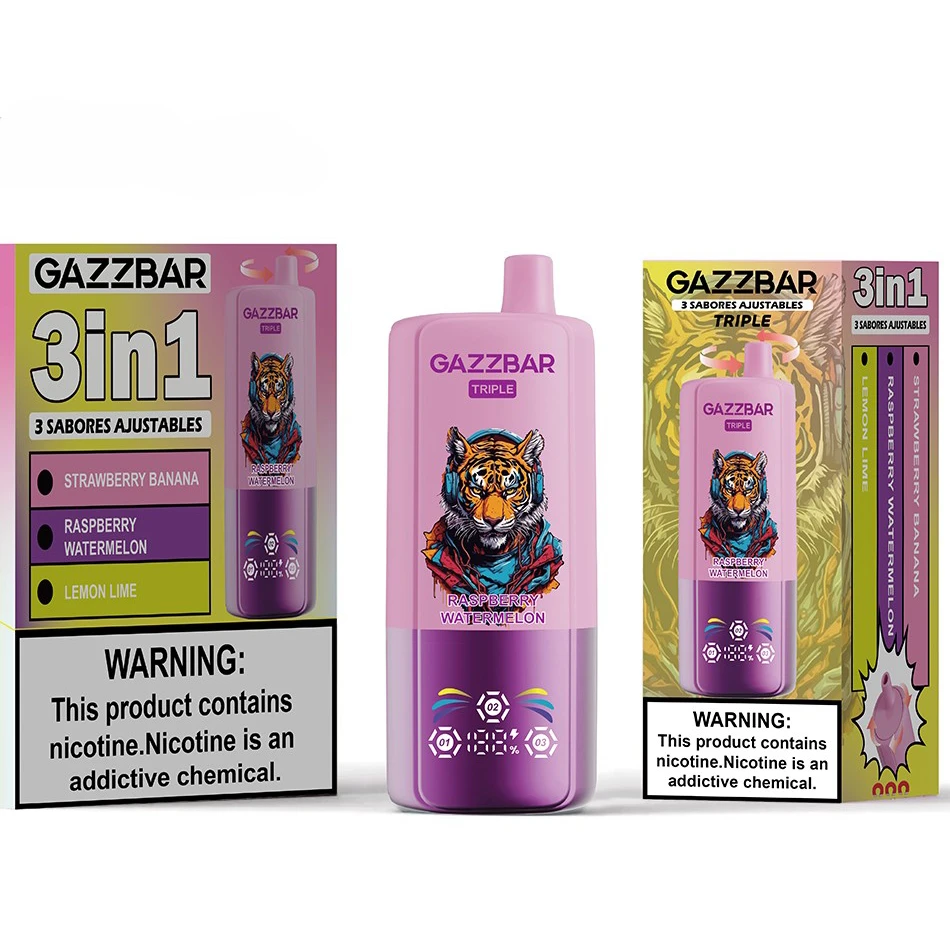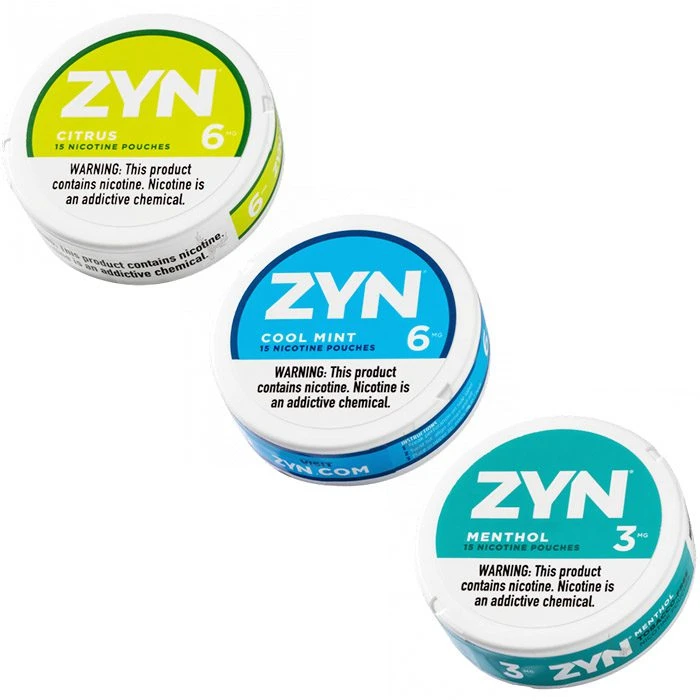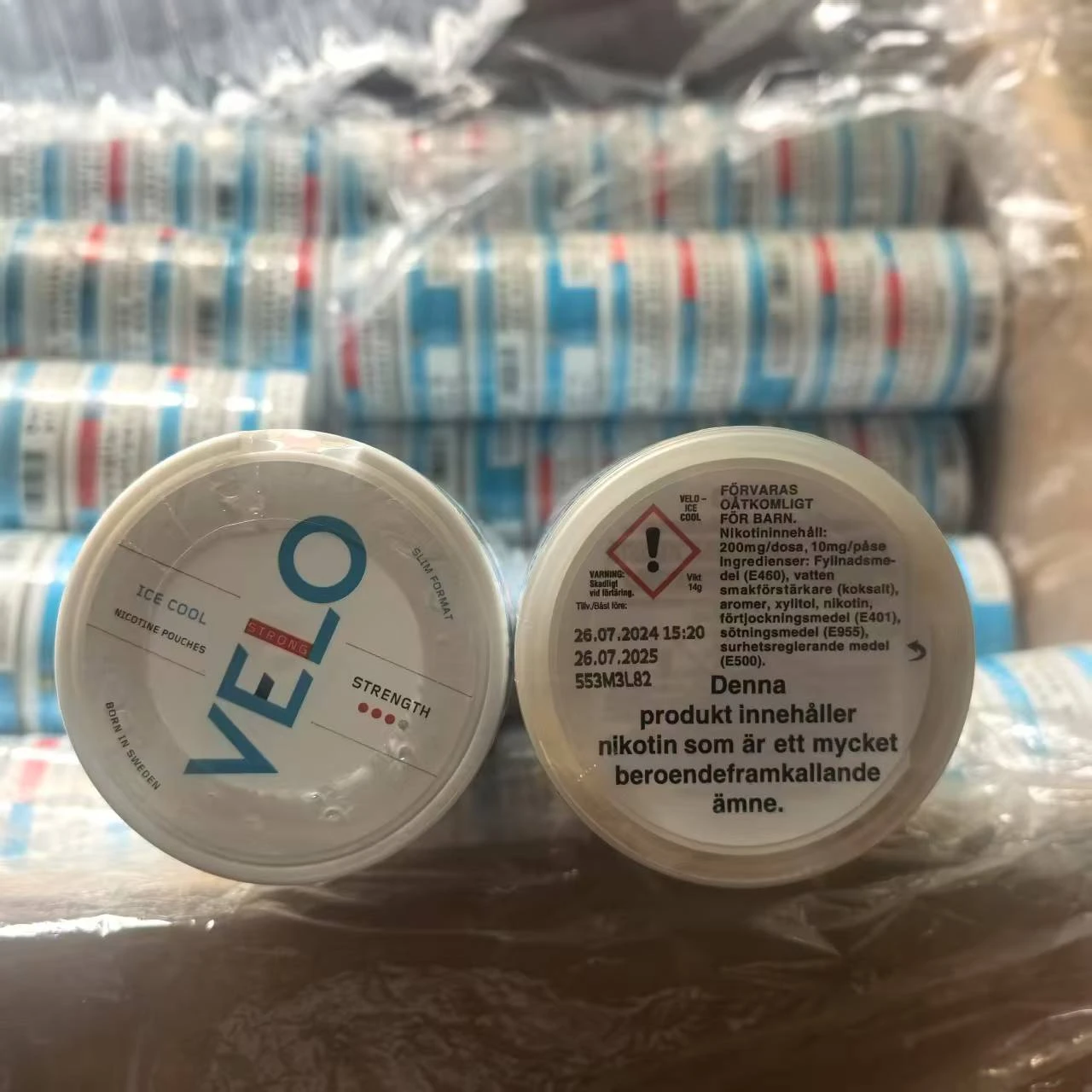- Market growth statistics & environmental impact of disposable vapes
- Technical comparison: Disposable vs. rechargeable device architectures
- Material composition analysis of vaping products
- Recycling infrastructure challenges and solutions
- Manufacturer sustainability initiatives comparison
- Customized recycling program case studies
- Future innovations in vape sustainability
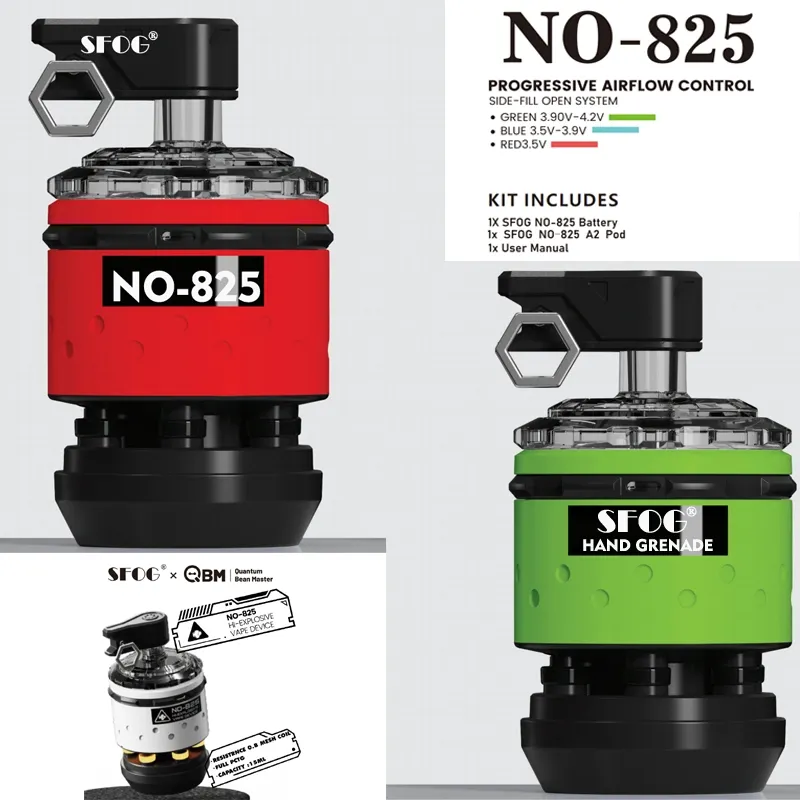
(are disposable vapes recyclable)
Environmental Realities of Single-Use Vaping Devices
The global disposable vape market reached $6.8 billion in 2023, with 58% growth since 2020 (Statista 2024). This expansion creates 15,000 tonnes of annual lithium battery waste - enough to power 2,400 EVs. Only 23% of consumers properly recycle devices, while 68% discard them in regular trash, contaminating recycling streams with hazardous components.
Technical Specifications Comparison
| Fonctionnalité | Disposable Vapes | Refillable Systems |
|---|---|---|
| Average lifespan | 400-600 puffs | 10,000+ puffs |
| Capacité de la batterie | 280mAh non-rechargeable | 1500mAh USB-C |
| Plastic content | 38g per unit | 8g (pod only) |
Material Recovery Challenges
Disassembling vaping devices reveals complex material integration:
- Lithium-ion cells glued to plastic housings
- Copper wiring fused with polycarbonate
- Residual nicotine in polypropylene tanks
Specialized separation techniques can recover 89% of lithium and 76% of plastics, but add 40% to recycling costs compared to standard e-waste processing.
Industry Sustainability Benchmarks
Leading manufacturers have implemented varied environmental strategies:
| Brand | Recycling Program | Post-Consumer Material | Carbon Offset |
|---|---|---|---|
| VapeCo | Mail-back system | 12% | 73% |
| EcoVape | Return kiosks | 28% | 94% |
Municipal Recycling Solutions
Seattle's vape recycling initiative (2022-2023) demonstrated key operational metrics:
- 34 collection points established citywide
- 17.8 tonnes of devices collected
- 82% material recovery rate achieved
Program costs averaged $4.20/kg compared to landfill fees of $1.75/kg, highlighting the need for producer responsibility laws.
Are Disposable Vapes Recyclable? Future Directions
Emerging technologies promise improved viability:
Modular designs enabling 95% component separation (Patent pending: VapeCycle 2024)
Biodegradable batteries lasting 30 days post-discard (University of Cambridge trials)
Regulatory shifts in the EU mandate 50% recycled content in vaping products by 2027, driving industry innovation toward circular economy models.
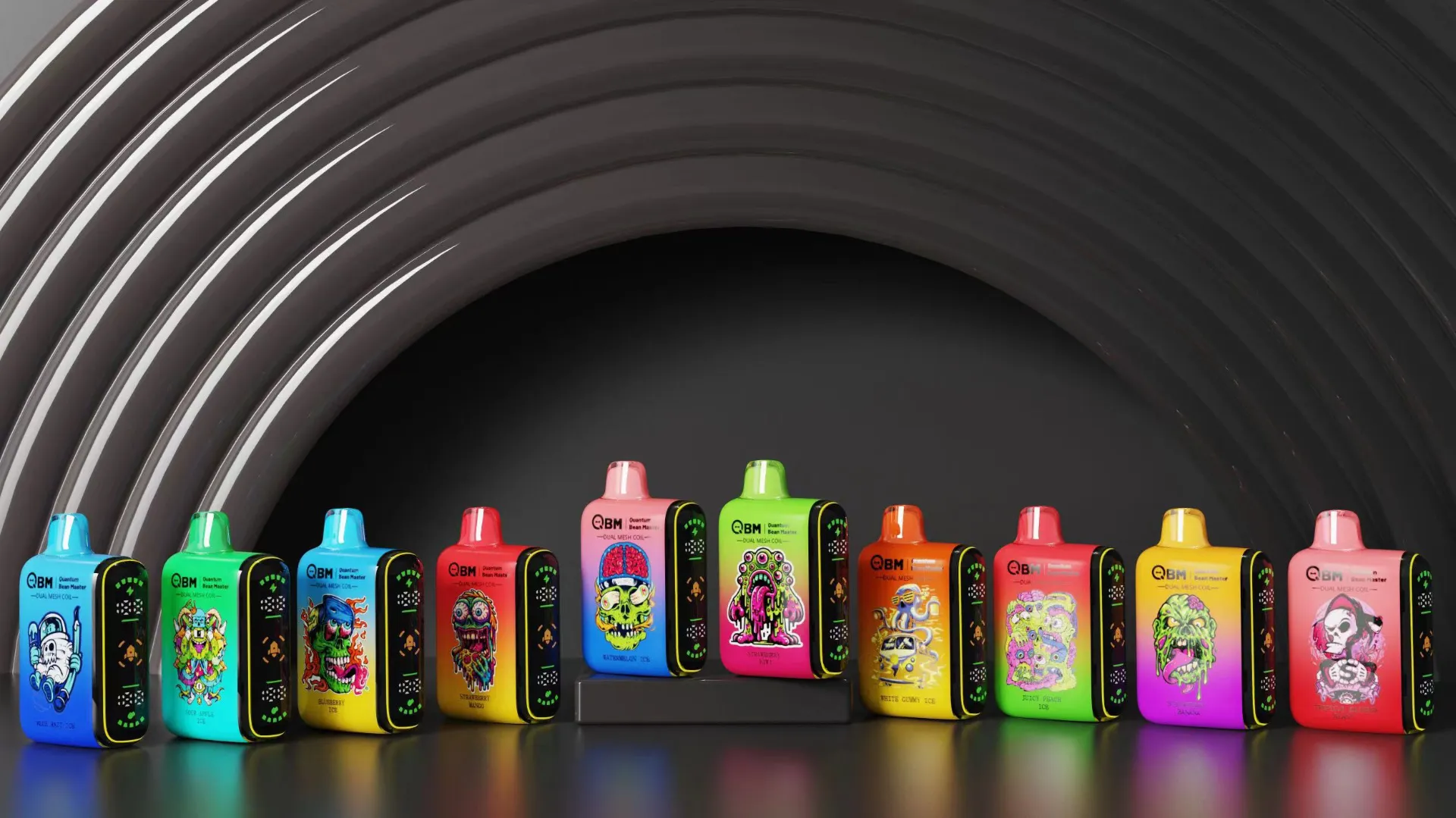
(are disposable vapes recyclable)
FAQS on are disposable vapes recyclable
Q: Are disposable vapes recyclable?
A: Most disposable vapes are not easily recyclable due to their mixed materials (e.g., lithium batteries, plastics). Some brands offer take-back programs, but proper disposal often requires specialized e-waste facilities. Always check local regulations for recycling guidelines.Q: What's the difference between disposable vapes and normal vapes?
A: Disposable vapes are single-use devices pre-filled with e-liquid and discarded after use, while normal (reusable) vapes have rechargeable batteries and refillable tanks. Reusable vapes generate less waste but require maintenance.Q: Why are disposable vapes harder to recycle than non-disposable ones?
A: Disposable vapes combine hazardous lithium batteries with plastic components, making separation difficult. Non-disposable vapes allow battery removal and part replacement, simplifying recycling. Improper disposal of disposables risks environmental contamination.Q: Can disposable vape batteries be recycled separately?
A: Yes, lithium batteries in disposable vapes should be recycled at dedicated e-waste facilities due to fire risks. Never discard them in regular recycling bins. Many retailers provide battery drop-off points for safe disposal.Q: Are disposable vapes more eco-friendly than reusable vapes?
A: No, disposable vapes create more waste due to their single-use design. Reusable vapes reduce environmental impact through long-term use and part replacement. However, both types require proper disposal of batteries and e-liquids.Post time:Mai - 07 - 2025



